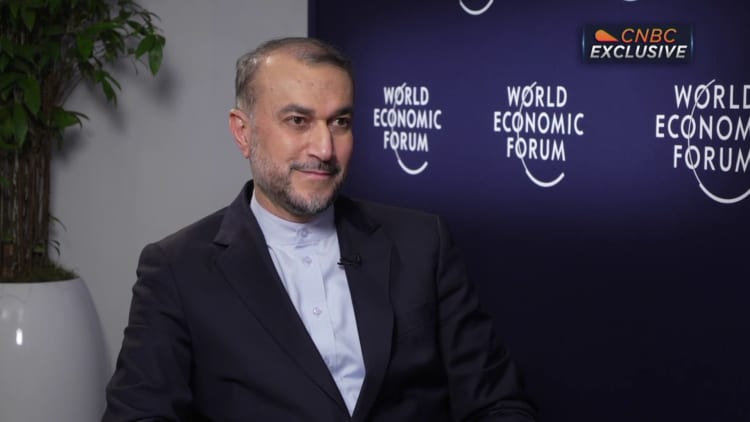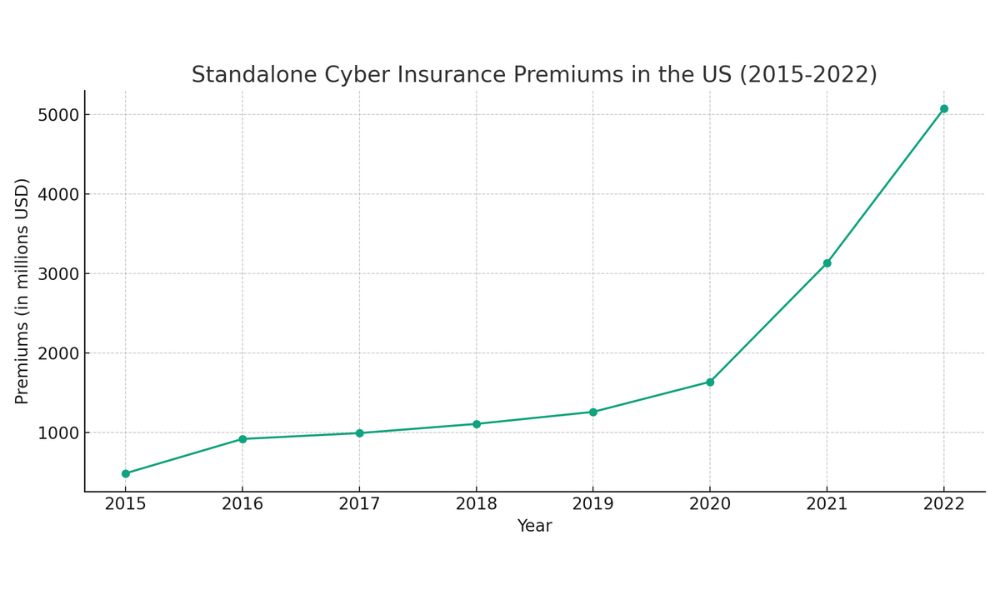[tdc_zone type=”tdc_content”][vc_row][vc_column width=”1/1″]
POLITICS
Iran’s strikes around the Middle East send a message, analysts say
A man watches a news channel on television inside a shop after the Pakistani foreign ministry said the country conducted strikes inside Iran targeting...
BUSINESS
ECONOMY
SPORTS
Storm Tracker Podcast – Rivals Camp Preview, Who’s Next To Commit...
Marcus Benjamin and John Garcia, Recruiting Analyst for Rivals.com, preview Rivals Camp Miami this weekend and discuss Miami recruiting targets for the 2025...
HEALTH
When a Spouse Goes to the Nursing Home
Even as the signals of approaching dementia became impossible to ignore, Joseph Drolet dreaded the prospect of moving his partner into a long-term...
TECHNOLOGY
INSURANCE
MOST POPLULAR
Jaguars embezzler went full Florida Man with his $22 million
The Florida man in Amit Patel — the Jaguars’ employee who embezzled $22 million from the team — was very strong. You’d expect...

































